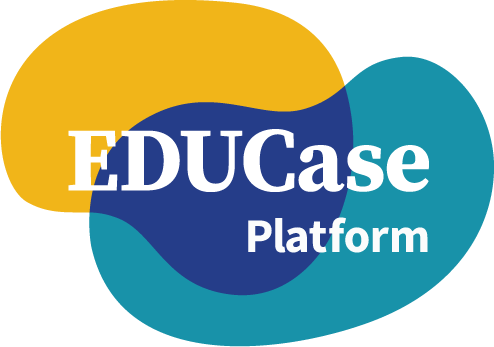LUT University and Aalto University export virtual education to Africa

Spearheaded by Antti Pinomaa, a Research Lecturer at LUT University, the collaborative effort aims to leverage virtual environments to deliver crucial skills such as welding, effectively and affordably. When interviewed by YLE Pinomaa emphasized, "There is a desperate shortage of technical skills in Africa, for example in welding. Virtual education is a cheap and effective way to help Africans in education."
The cornerstone of this endeavor is the development of a cutting-edge virtual learning environment, the 5G cabin, in Finland. This technology enables remote teaching of various technical skills, transcending geographical barriers. Notably, LUT has already initiated collaborations with Chiyumu village in rural Zambia, where the impact is tangible.
Stephen Shabasefu, a local teacher, highlighted the transformative potential of welding training for young people in Chiyumu, envisioning opportunities for entrepreneurship and employment generation. He noted, "They can start companies and employ other young people as well." Moreover, the virtual training program enables personalized learning, with remote assistance from instructors in Finland when needed. This hybrid approach ensures hands-on guidance while maximizing accessibility.
Beyond technical training, LUT and Aalto University are collaborating with local African universities to expand the scope of virtual education. Partnerships with institutions in Zambia, Nigeria, and Ethiopia are fostering knowledge exchange and capacity building.
Jointly with the educational initiative, Finnish company Afstor is revolutionizing energy access in Chiyumu village through solar-powered multipurpose stoves. These stoves not only provide electricity but also facilitate internet connectivity, essential for virtual learning. Ari Piispanen, CEO of Afstor, explained to YLE that, "Our concept is that women plant trees instead of cutting trees, and children have time to go to school." By alleviating the burden of collecting firewood, the solar stoves empower women and children, fostering education and environmental conservation. Piispanen highlighted the remarkable impact of the solar stoves, with over 100,000 trees planted and more than 600 children attending school full-time due to the time saved. This integrated approach epitomizes the fusion of technology, education, and sustainable development, heralding a brighter future for communities in Africa.
The collaboration between Aalto, LUT, and Afstor stands as a beacon of innovation and solidarity, demonstrating the potential of technology to drive positive change and empower marginalized communities globally.
Link to the news piece on YLE is available here.
Read more news
Breaking the Darkness: Tackling energy crisis in Lesotho
Lesotho, often called the Kingdom in the Sky due to its high altitude, faces a severe energy crisis, with nearly half of its population lacking access to reliable electricity.
Transforming Interdisciplinary Education: Sustainable Global Technologies (SGT) Across Four Continents
The true impact of our actions often unfolds over time, as demonstrated by the students at the SGT FAIR’24 on May 22. Their work showcased how a single student challenge can drive significant change.
A Global Learning Space: Empowering Students for Responsible Global Engagement
As part of the EDUCase network, the University of Oulu has offered to be the testing ground of a virtual learning initiative that aims to revolutionize virtual learning.
